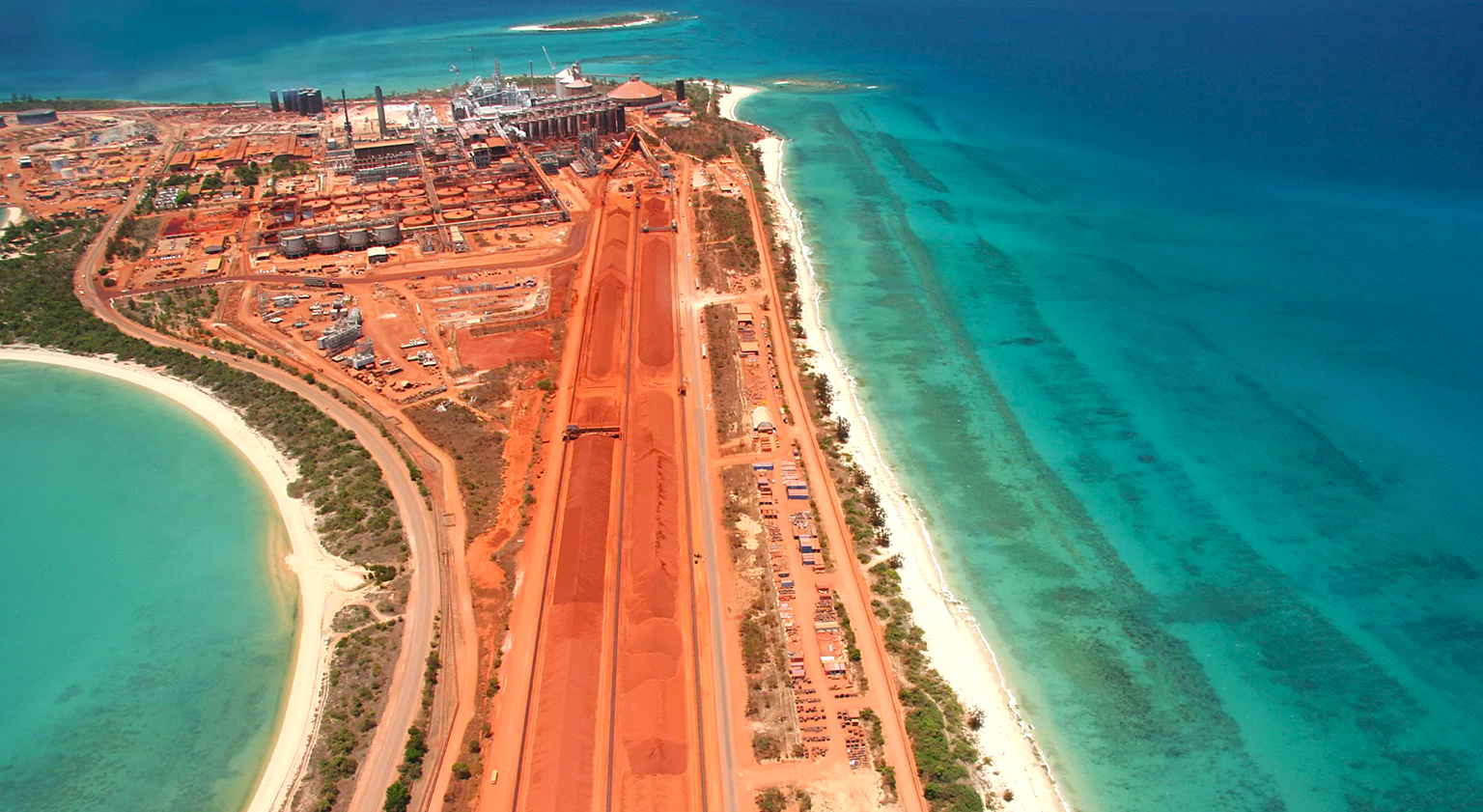Rio Tinto powers up solar energy initiative on Gove Peninsula for a sustainable future
The world's leading mining company, Rio Tinto, has announced the construction of two 5.25MW solar farms in Gumatj and Rirratjingu, a traditional country in the Gove Peninsula, Northern Territory. This is a significant step towards securing a sustainable power supply. The Gumatj and Rirratjingu, Traditional Owner Groups, have approved the solar farms, which will be built on Rio Tinto leases.
 The initiative aims to provide a low-carbon energy future for the Gove community as mining operations in the region are projected to cease by the end of the decade. Aggreko, a global leader in mobile and modular power solutions, will construct, own, and operate the solar farms.
The initiative aims to provide a low-carbon energy future for the Gove community as mining operations in the region are projected to cease by the end of the decade. Aggreko, a global leader in mobile and modular power solutions, will construct, own, and operate the solar farms.
Construction is slated to begin in July 2024 and be completed by early 2025. The two sites will collectively offer a capacity of 10.5MW, marking a substantial contribution to the region's renewable energy infrastructure.
This project underscores Rio Tinto's commitment to sustainability and collaboration with Indigenous communities, paving the way for a cleaner and more resilient energy future in the Northern Territory.
Shannon Price, Acting General Manager at Rio Tinto Gove Operations, said, “The Gove solar project is part of our shared vision with Traditional Owners to leave a positive legacy for the Gove Peninsula communities after bauxite mining ceases."
“We’re excited to work with the Gumatj and Rirratjingu clans to provide an opportunity to secure alternative electricity generation assets in their country and to discuss opportunities to commercialise energy infrastructure in the future."
“We are working in partnership with the Northern Territory Government and Traditional Owners to ensure a smooth transition of leased land and town assets and infrastructure as Rio Tinto prepares to stop mining at Gove later this decade."
“We are committed to our role in helping to plan for the region’s future, which includes providing options for reliable, affordable and environmentally sustainable infrastructure."
“The solar farms are also part of our ongoing commitment to decarbonise our business. Once operational, they are expected to reduce annual CO2e emissions at our Gove operations by up to 17 per cent. We intend for these farms to underpin sustainable power for the region beyond mining.”
Upon completion, the solar farms are projected to decrease the region’s annual diesel consumption by approximately 20 per cent, or 4.5 million litres per year. Additionally, they will reduce annual carbon emissions by over 12,000 tonnes, equivalent to removing 2,800 internal combustion engine cars from the road.
Rio Tinto’s Gove site in Australia’s Northern Territory has supplied the global aluminium industry with world-class bauxite for over 40 years. Gove bauxite is shipped internationally and is being used to supply the Queensland Alumina Limited and Yarwun refineries in Gladstone, Queensland. These refineries produce alumina as feedstock for Rio Tinto’s Australian aluminium smelting operations and sale on the international market.
Bauxite mining operations in the Gove Peninsula are expected to end later this decade, and work is already underway to support the closure of the operation and rehabilitation of the refinery, mine site and tailings facilities.
To gain comprehensive insights into the global bauxite mining sector's sustainability efforts and social responsibility prioritisation in transitioning to a greener future, consider accessing AL Circle's industry-focused report, "Sustainability in the Global Aluminium Industry."
This news is also available on our App 'AlCircle News' Android | iOS
_0_0.png)



























